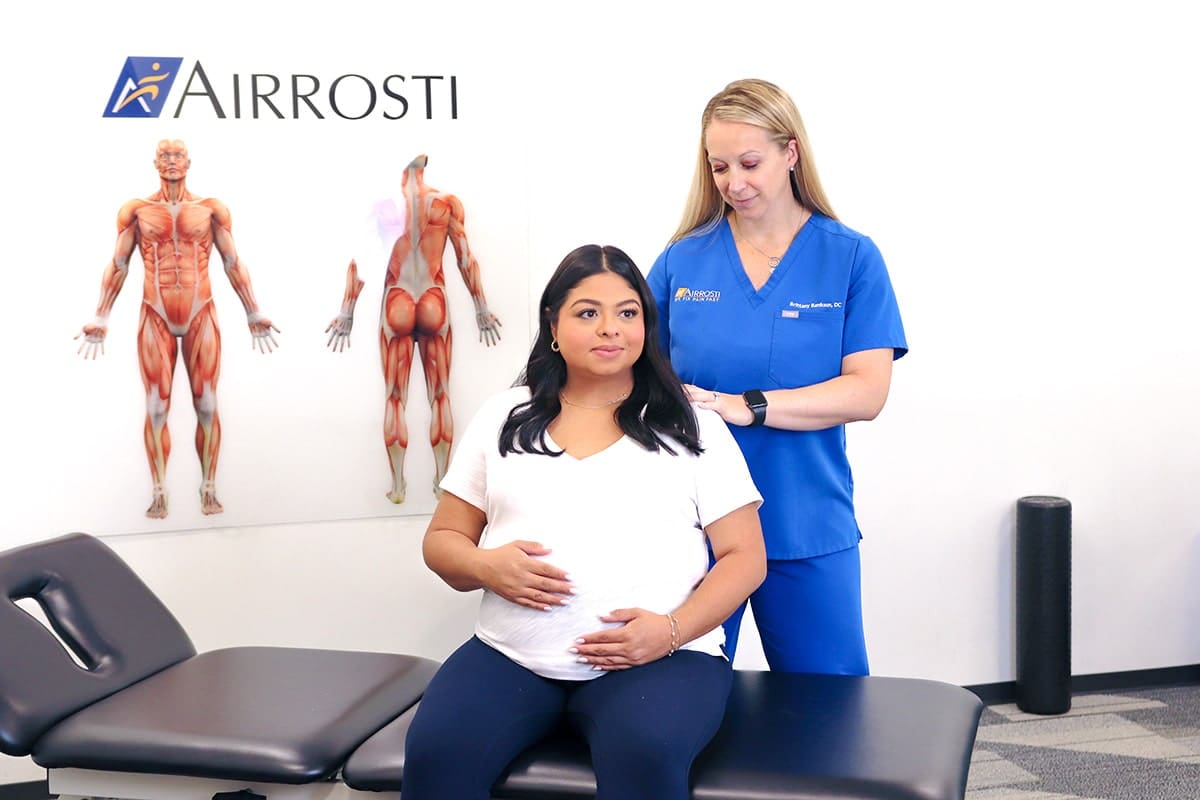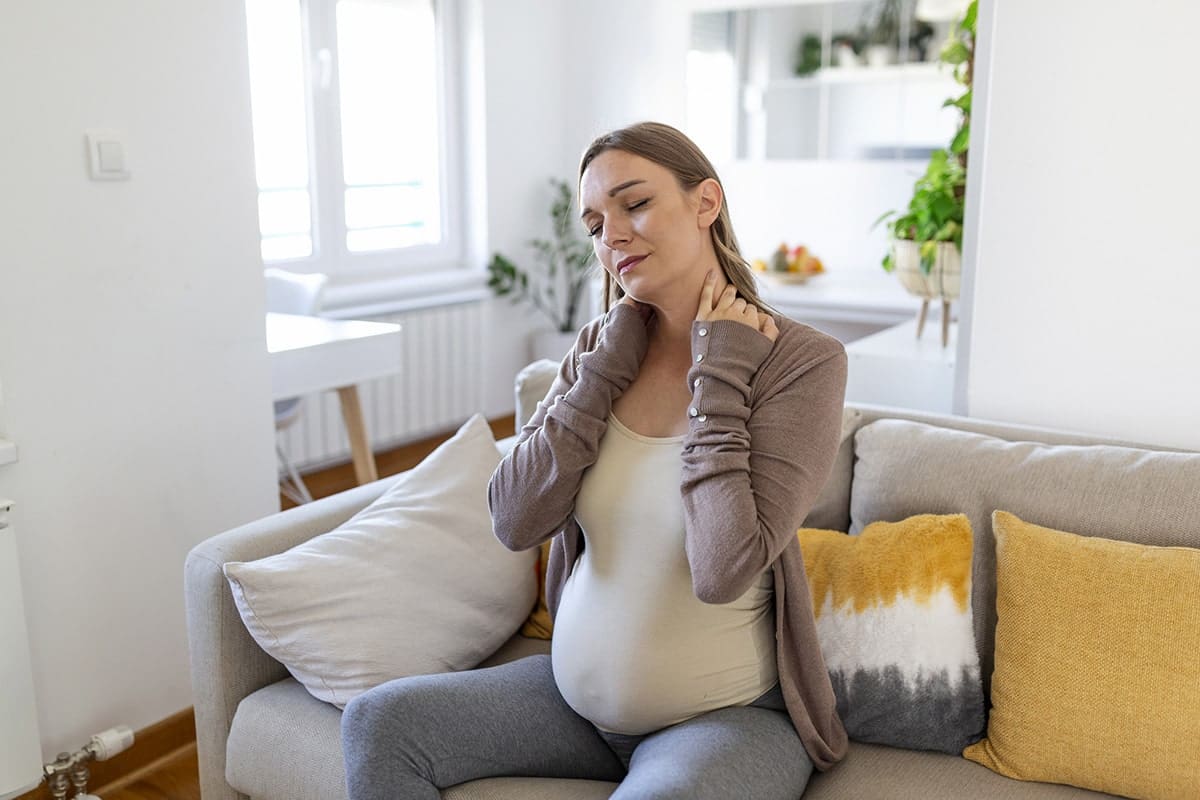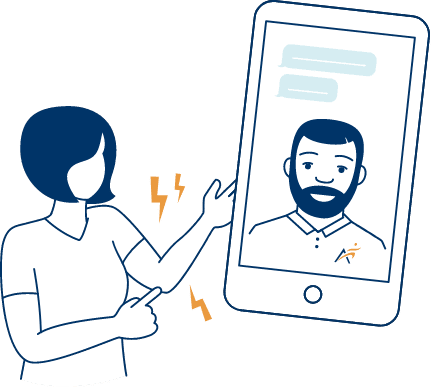- About
Who We Are
Partner With Airrosti
Testimonials
Patient Resources
- Locations
In-Clinic Locations
Nationwide Care
Our virtual care option, Airrosti Remote Recovery is available nationwide.
Find A Location Nearest You
- Injuries We Treat
- No Cost Assessments
- Virtual Care
- Careers







